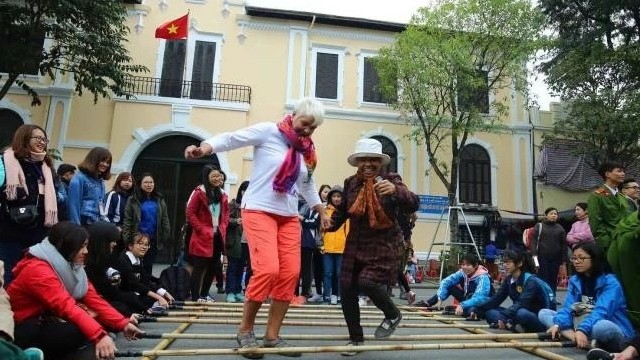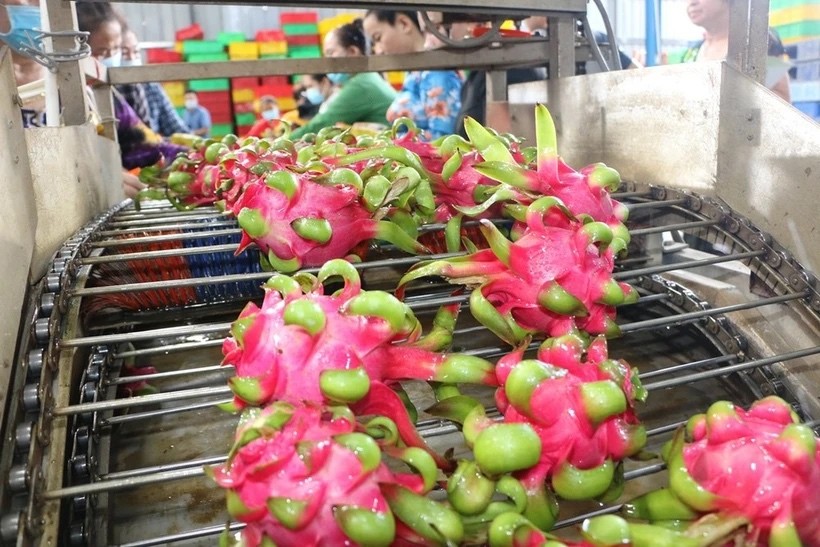Notable Book Written by French Scholar About Vietnamese Hau Dong Ritual
Điện thần và Nghi thức Hầu Đồng Việt Nam" (Temple and rituals of Vietnamese Hau Dong), a translation to a research of French linguist Maurice Durand, was published in 2020. The book is regarded as an impressive work exploring the Hau Dong tradition.
Hau Dong is a ritual from Vietnamese worship of mother goddess, which is a combination of indigenous religion with some characteristics of Buddhism and Taoism. The religion praises the female goddesses who manage the skies, rivers, forests, and mountains. Mother goddesses worship was recognized as an intangible cultural heritage of humanity by UNESCO in 2016.
During a Hau Dong event, a number of artistic elements are involved such as music, singing, dance, and costumes. Practicers become mediums for different deities, who can be men or women. The ritual's songs, called "hát văn" in Vietnamese, introduce the gods and their contributions to the country. These songs have been described as a noteworthy expression of the performing art of the Kinh people.
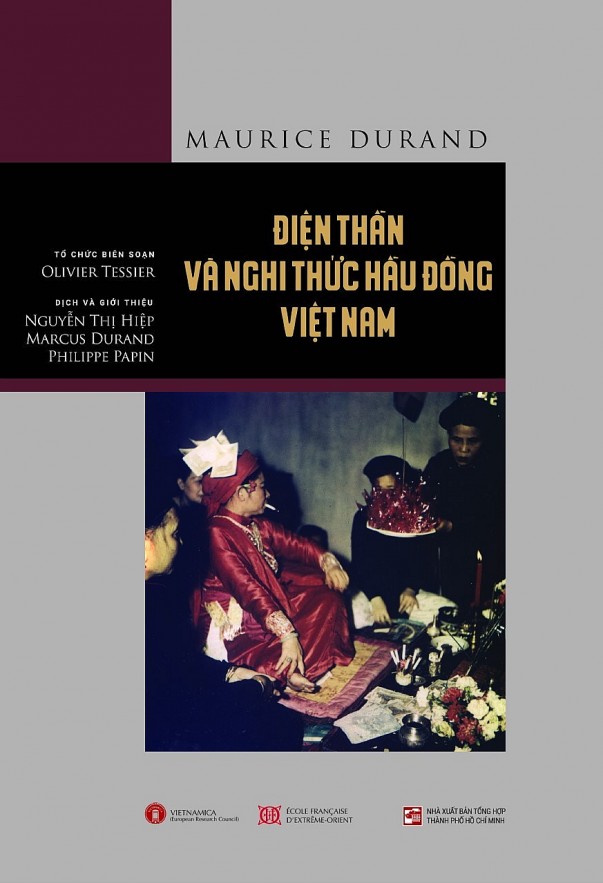 |
| "Điện thần và Nghi thức Hầu Đồng Việt Nam" (Temple and rituals of Vietnamese Hau Dong). (Photo: French School of the Far East) |
A look at Hau Dong in the 1940s and 1950s
Maurice Durand was born in Hanoi in 1914. His father was the chief translator of Vietnamese at the Palais de Justice, Paris. Durand returned to Vietnam to teach in 1946 at and then direct the French School of the Far East. He has been researched Vietnamese culture for years and was regarded as a reputable scholar in the field of Vietnamese studies in France. He died in Paris in 1966 and bequeathed him, and his father’s, collection of publications, transliterations, photographs, research notes, and microfilm to Yale University, where they are now held in 121 boxes at the Sterling Memorial Library.
To complete his research about Hau Dong, Maurice Durand went to many corners of Hanoi, visit any temple he met, attended many ceremonies, interviewed many people in the 1950s, trying to learn about the worship of mother goddess. His research paper was first published in 1959. Only a few copies are found in some libraries today.
The research describes activities, customs, songs, writings related to the ritual in the 1940s and 1950s from the perspective of a non-bias Westerner. Besides Durand's comprehensive analysis, the research includes a big photo collection of festivals in the Ghenh temple, which worships three important mother goddesses. It highlights humble Hau Dong activities in Hanoi in a historic period as northern Vietnam defended its independence in 1945, while the south was governed by a US-backed regime.
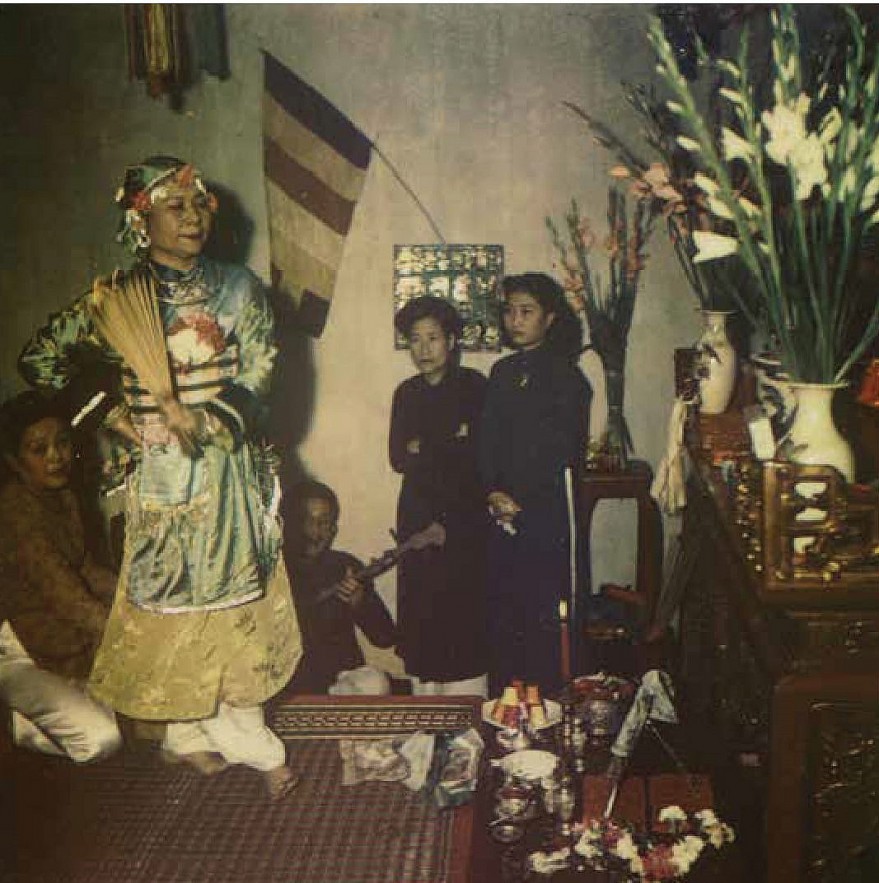 |
| A photo of Hau Dong event in the book. (Photo: Zing News) |
Collection of valuable research materials
Olivier Tessier, who works for the French School of the Far East, and French historian Phipipe Papin said the book was an impressive work about Hau Dong that hardly any book could surpass. They said Maurice Durand's research contained three notable elements.
First, its photos of Hau Dong events show the participation of many women, which demonstrate the important role of woman in social activities at the period. Second, it tells how the ritual is used in the worship of mother goddess, especially when practicers acted as the mothers of the sky, mountain, land, and forest. Third, it analyses the rituals in different aspects, from fancy events held by high-class ladies to meetings of working-class people in humble temples around Hanoi.
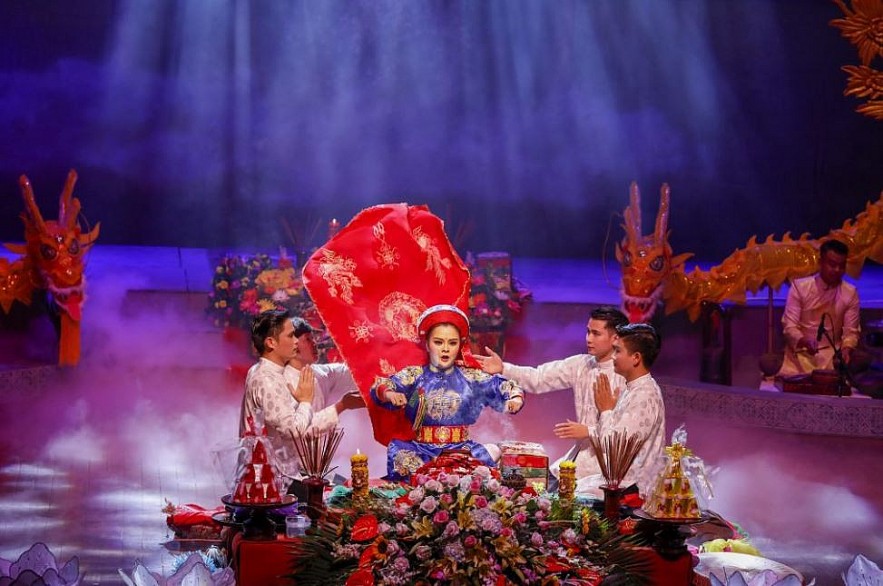 |
| Modern Hau Dong performance by Cheo Theater. (Photo: Cheo Theater) |
Maurice Durand collected 24 devotional writings and his comprehensive analysis. The writings and comments were based on his trips and interviews. He recorded the conversations between Hau Dong practicers and the goddess and death souls.
Assoc. Prof. Bui Hoai Son said the book was an important research on mother goddess worship in Vietnam. It provides useful information about the temples, the goddess, the practicers, and the writings.
"The materials included in the book are valuable, helping us better understand the belief in mother goddesses back in the day", said Bui Hoai Son.
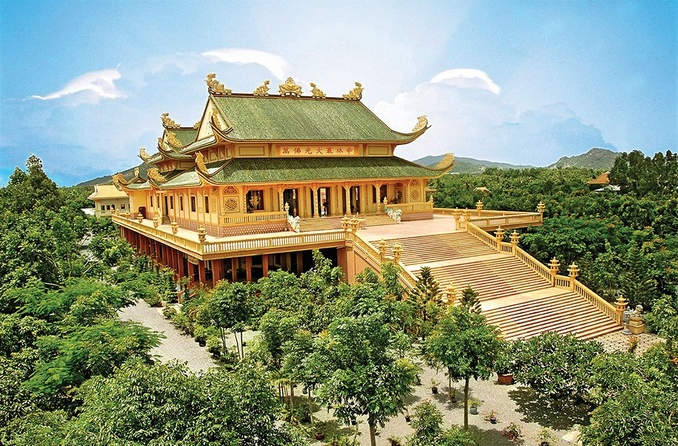 | 3 spiritual travel itineraries in the South of Vietnam These itineraries offer chances to learn Zen Buddhism, explore the ancient Long An pagodas, immersed in nature, listen to Dong Nai sermons,... |
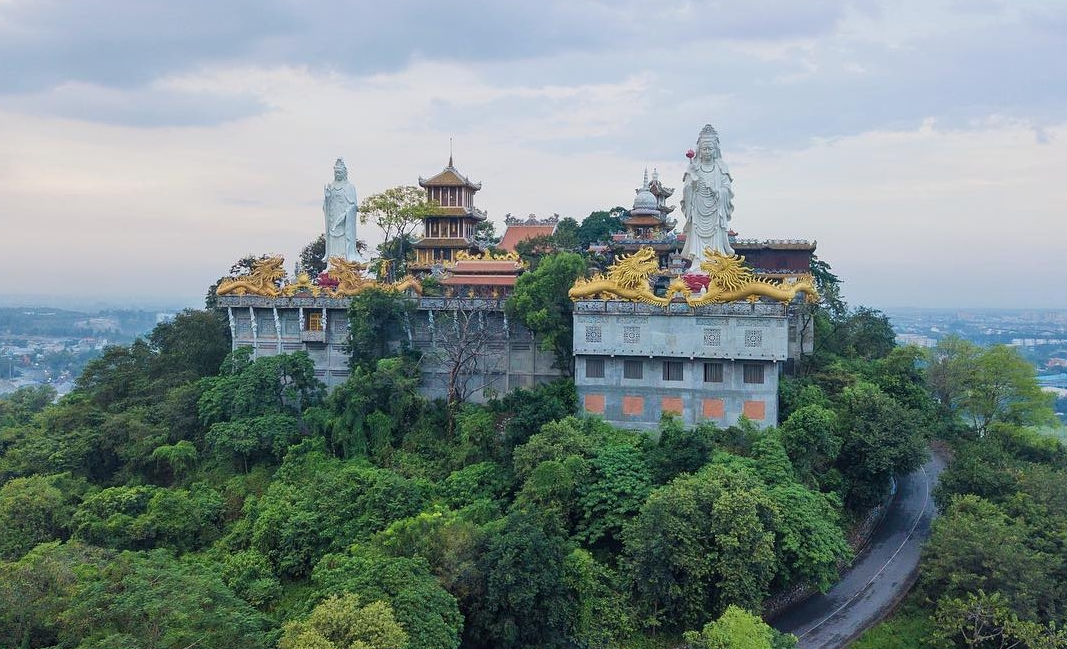 | Three touristic spiritual spots in Vietnam's Southern province Chau Thoi, Hoi Khanh or Tay Tang Pagoda attracts visitors for theirs architectural, spiritual, and religious significance. |
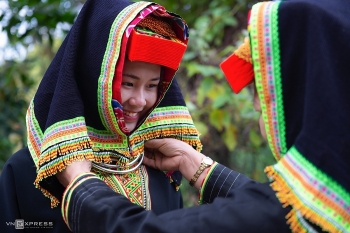 | Unique Dao Gu Lang wedding rituals The wedding ceremony of Bac Son mountainous ethnic people, which is greatly different from that of most Vietnamese countries, holds an abundance of cultural patterns ... |
Recommended
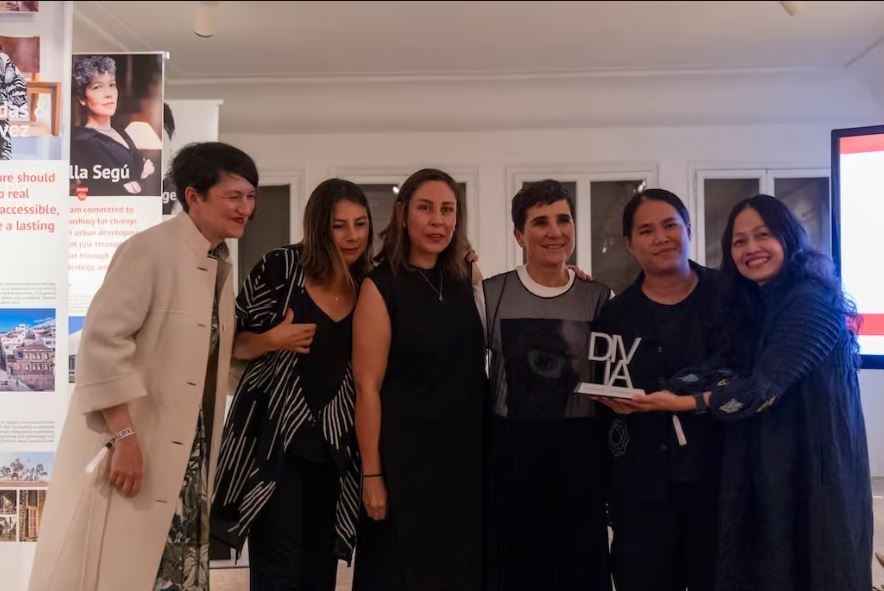 Viet's Home
Viet's Home
Vietnamese Architect Wins the Diversity in Architecture Award 2025
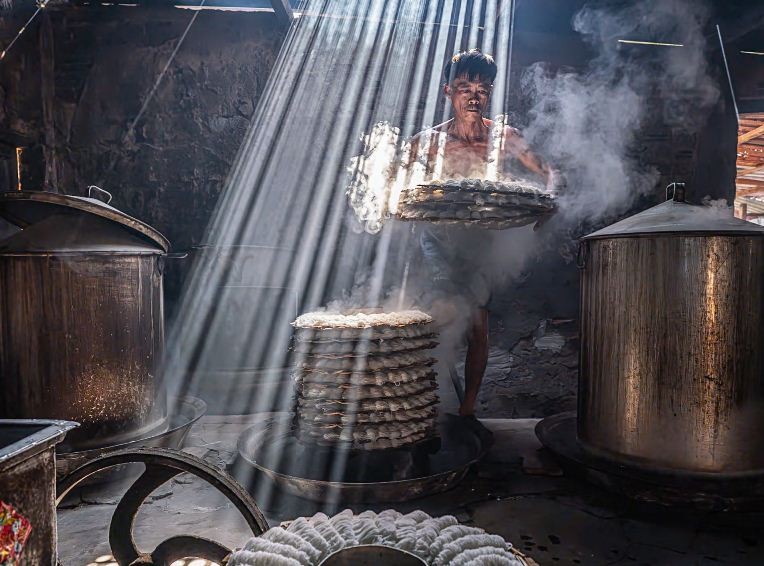 Viet's Home
Viet's Home
Vietnamese Photographer Triumph in Global Food Photography Contest
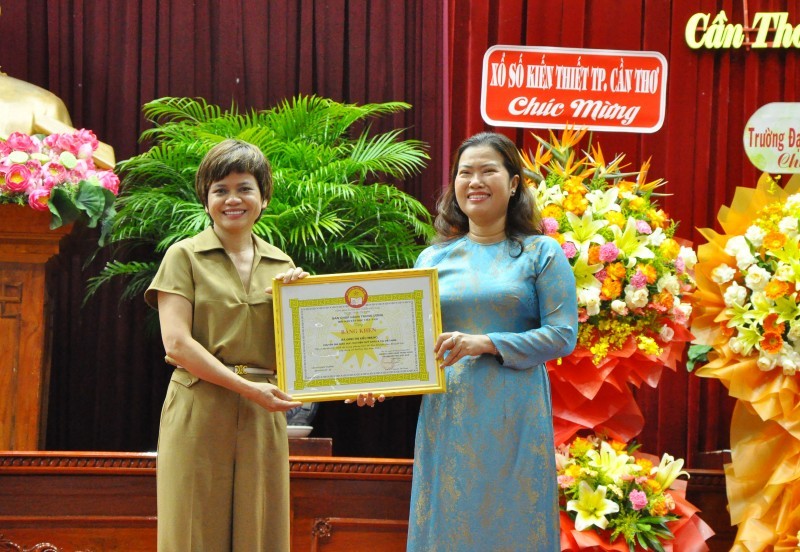 Viet's Home
Viet's Home
The Asia Foundation Awards 101 Scholarships to Can Tho Female Students
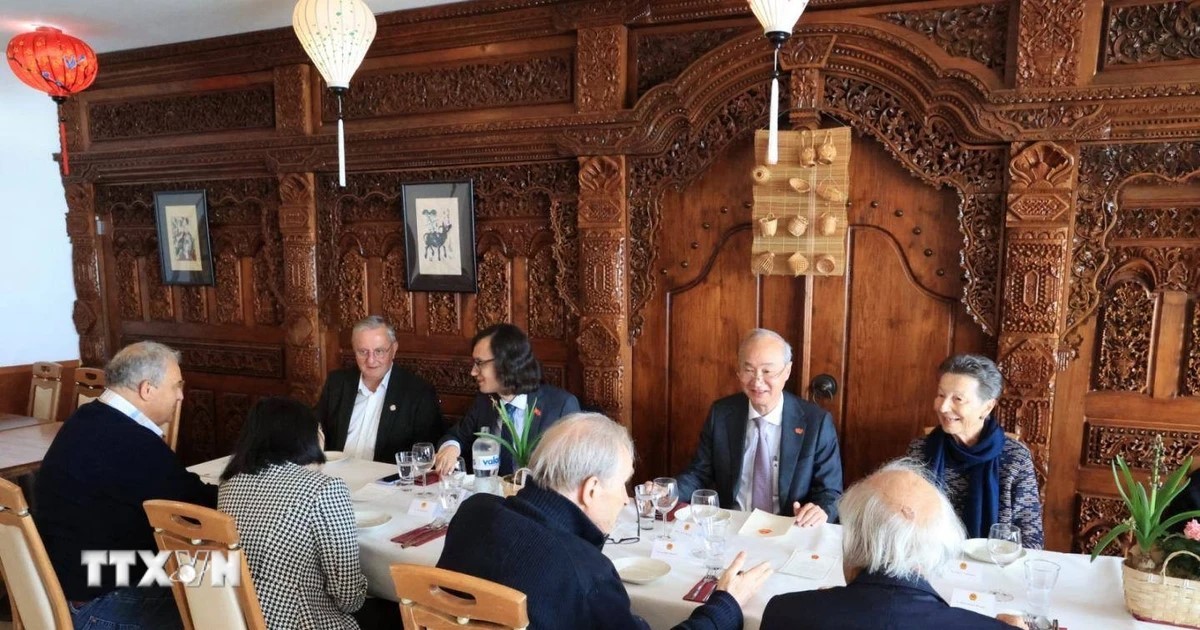 Viet's Home
Viet's Home
Ho Chi Minh And Deep Admiration in the Memories of International friends
Popular article
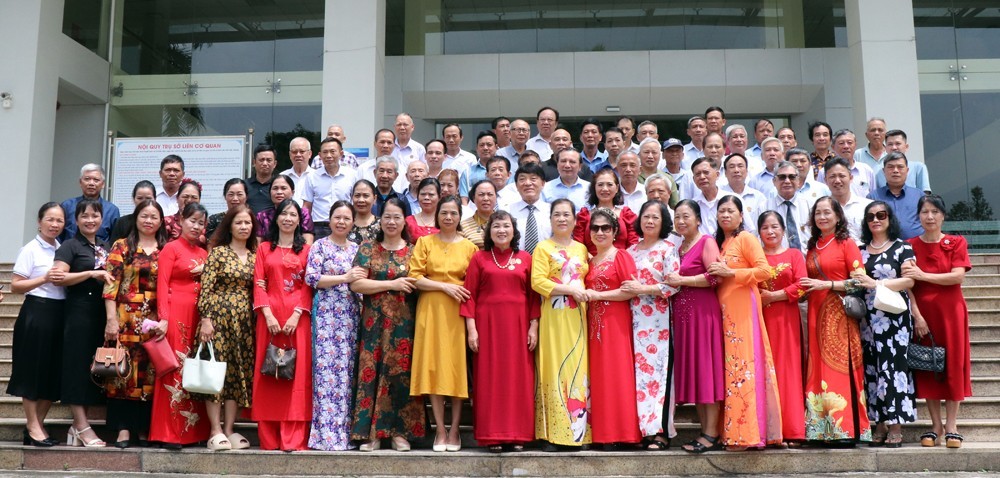 Viet's Home
Viet's Home
Meaningful People-to-people Diplomacy Activities in Bac Giang, Dong Nai, and Ho Chi Minh City
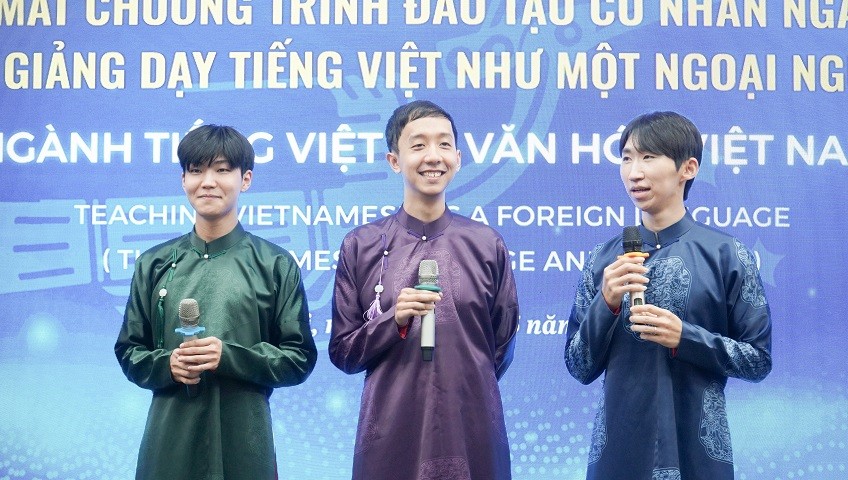 Viet's Home
Viet's Home
Brand New Vietnamese Language Training Program Launches in Hanoi
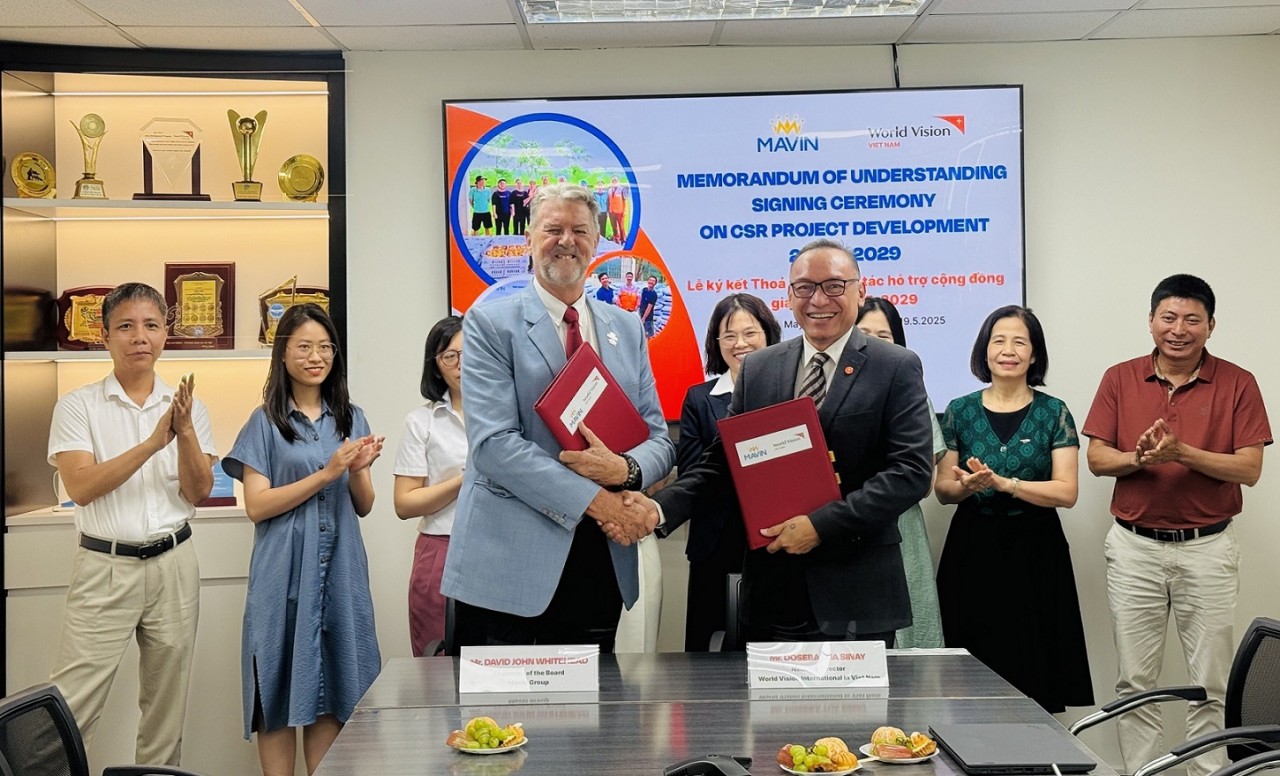 Viet's Home
Viet's Home
WVIV Supports Livelihoods and Improves Nutrition for Poor People in Thanh Hoa
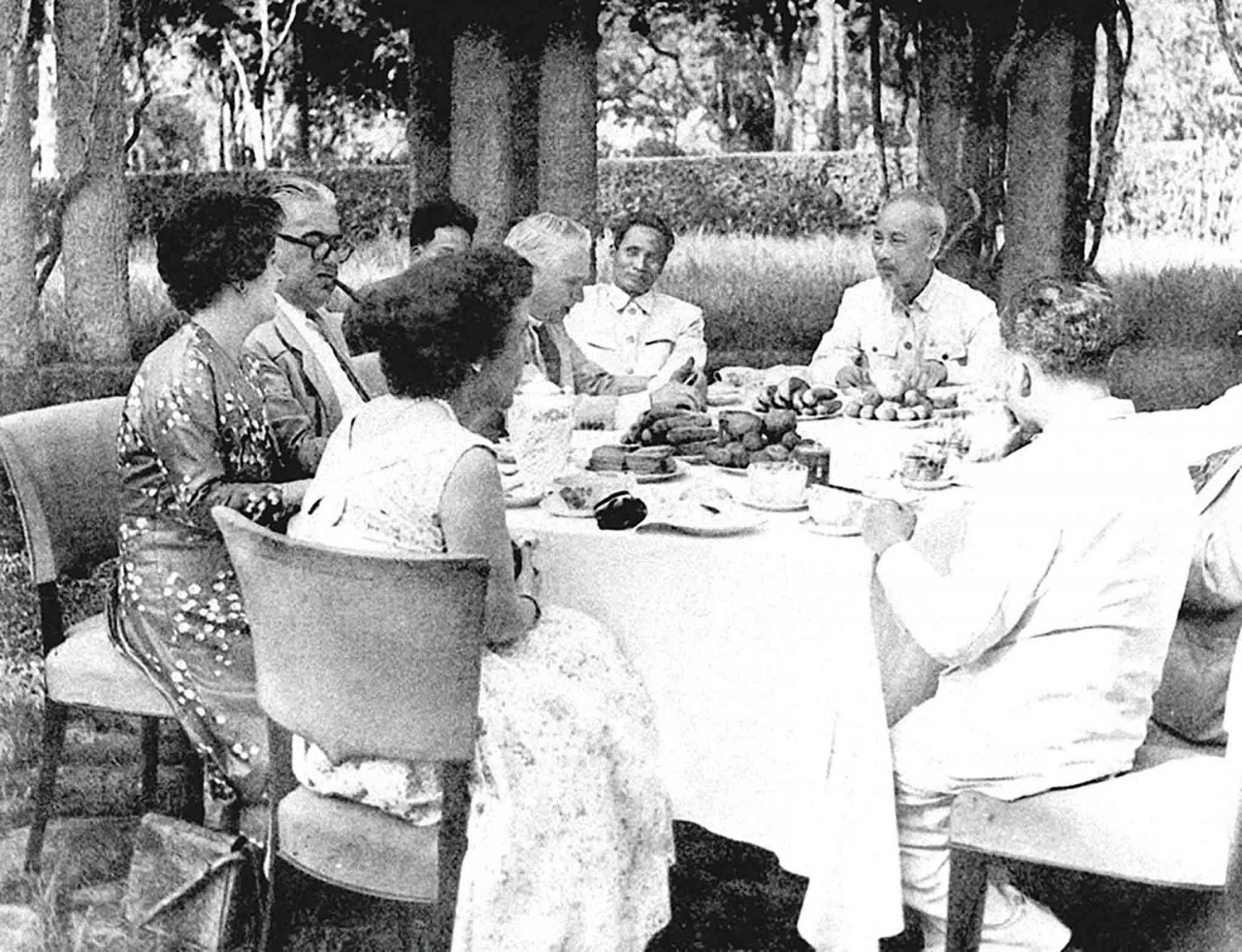 Viet's Home
Viet's Home




